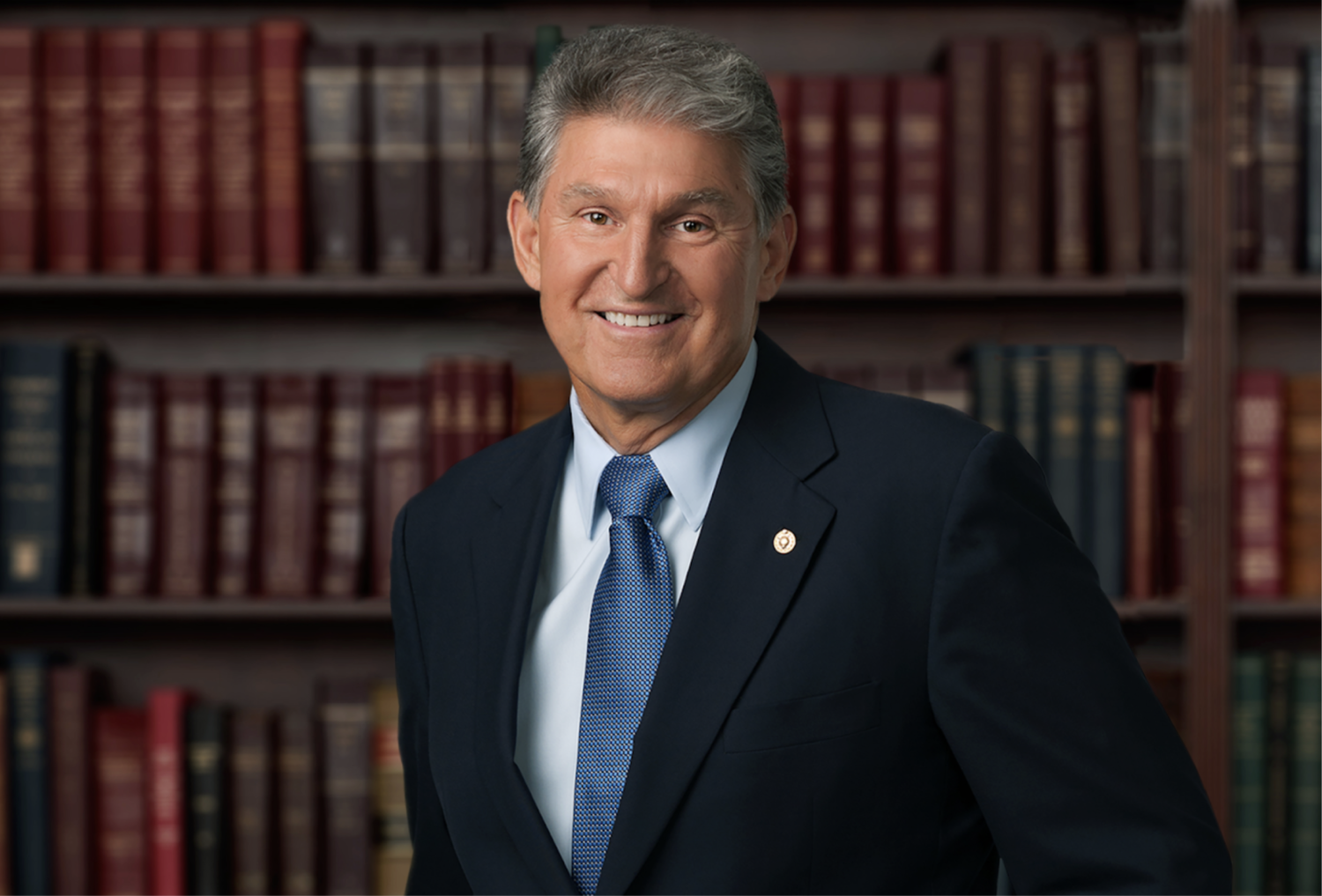After months of speculation, Senator Joe Manchin (D-WV) recently announced that he will not mount a third-party bid for the presidency. The decision to not seek the presidency comes after Manchin’s decision to not run for reelection, marking the end of a political career that spanned over four decades. This included serving as the governor of West Virginia and, since 2010, in the Senate. While in the Senate, Manchin was known to work across the aisle and for his willingness to vote against his party. Throughout the 117th congress, Manchin was often cited as the deciding vote in the Senate. During his visit to Harvard, Manchin spoke with The HPR about the 2024 presidential race, his time in the Senate, and his retirement plans.
This interview has been edited for length and clarity.
Harvard Political Review: You recently announced that you will not pursue a third-party bid for the presidency. You cited the immigration reform bill as one of the reasons why. What were some other factors that contributed to your decision?
Joe Manchin: That took the wind out of my sails more than anything. Once I saw how truly broken Washington is, that brought to me the realization that what I’m dealing with is not going to change. This was a vote on a process that began back in September when my Republican friends said we’re not going to vote on any aid for Ukraine, or Israel, or Taiwan, or anywhere else in the world for humanitarian aid, until we secure our own borders.
I agreed with my Republican friends. I said, “fine, let’s do it.” They put a group together led by James Lankford, a very conservative Republican, and I wasn’t sure they’d ever get a bill.
They got one of the better bills I’ve seen in 20 years, and then when it came time to vote, the same Republican friends let the perfect be the enemy of the good. They found reasons that they could justify voting against it, which is something that was so deplorable that I couldn’t stay and said “enough’s enough.” It kind of took the wind out of my sails to want to serve in Washington anymore.
HPR: Should voters expect to see an endorsement from Joe Manchin to a candidate for the presidential election?
JM: I’m not a person to ever sit on the sidelines, I’ve been voting ever since I was of the legal age to vote, and I will always vote. I will make a decision on who’s the best person I have in front of me, I just think that I have the chance and a voice that I can make [the nominees] understand they’ve left the majority of the country out of this equation, and they’ve either gone clearly to the far left or the far right.
That’s not where we make decisions or how you run the greatest country on earth. If we can show them nobody can win without the moderate, the sensible centrist middle, nobody will win. But the middle has no voice whatsoever. If I can give them that voice and maybe make everyone come back a little bit more to the middle, I will do that.
HPR: You assumed the office of senator in 2010 after the death of Senator Robert Byrd. How has the working climate of the Senate changed over the past 14 years?
JM: I couldn’t believe it could get any worse than when I got there because when I got there, I was so disenchanted. I had been a governor and I watched the governors work together to try and solve problems. Partisan politics was not part of the repertoire. When I got to the Senate, it was like watching the little league squabbles on the big league stage, and I said to myself “oh, I made a big mistake.”
It’s gotten worse since then: Our debt was 13 trillion, now it’s 34. Back then, we were moving on a border security bill, today we have nothing. Among all the displacement, the world is in flux right now, looking for leadership, and we’re not giving it.
HPR: What are some of your proudest accomplishments in the Senate?
JM: I will say this, the IRA will go down as one of the most transformative bills. It was because of me, my one vote in a 50-50 Senate, that was able to bring that to fruition. I’m for everything –– I’m for an all of the above energy agenda, because without energy independence and security in our country, we will not maintain a superpower status.
What we did with that piece of legislation, we have made it producing the energy that we need today and investing in energy that we would like to have tomorrow. My little state of West Virginia got more new investments, battery investments, technology investments, things of Israel, we would have never had those opportunities, so I’m very proud of that. Additionally, the miners in my state finally got their pensions and healthcare, they worked for all their life, we solidified that and just so many things that we were able to do, but those are some of the nation’s crowning achievements.
HPR: It was well known that you are an avid motorcycle rider. After the Senate, what’s next for Joe Manchin –– are you planning on spending more time on the road?
JM: A motorcycle ride, yeah. I have my college buddies, very close friends of mine, and we talked about going on a cross country motorcycle trip so maybe we’ll do that when I get out of the Senate.



